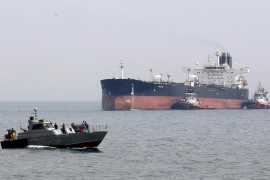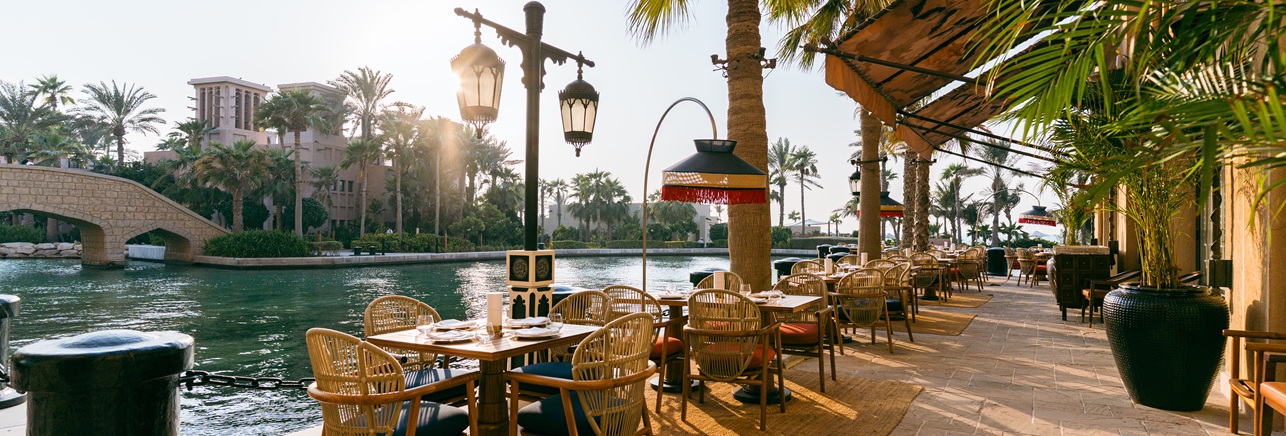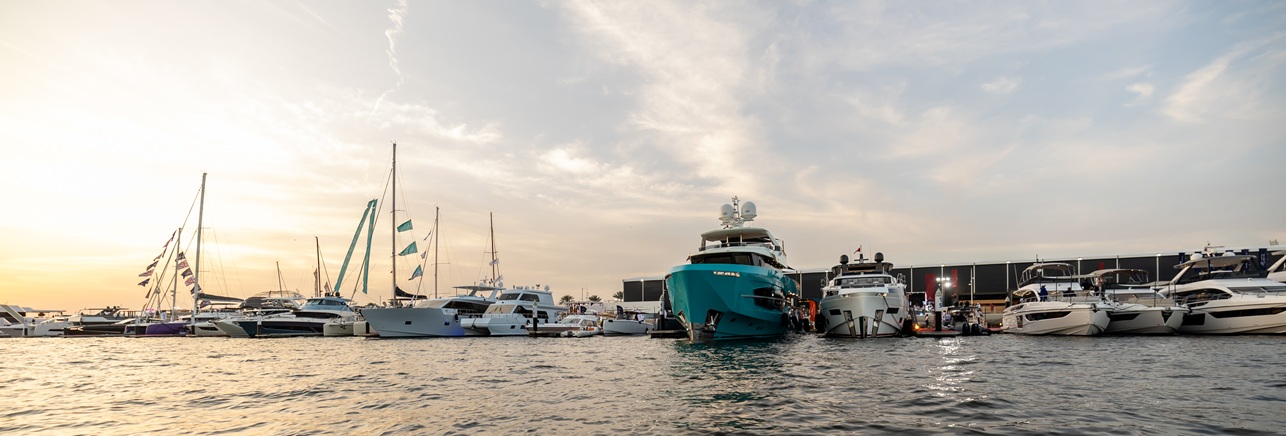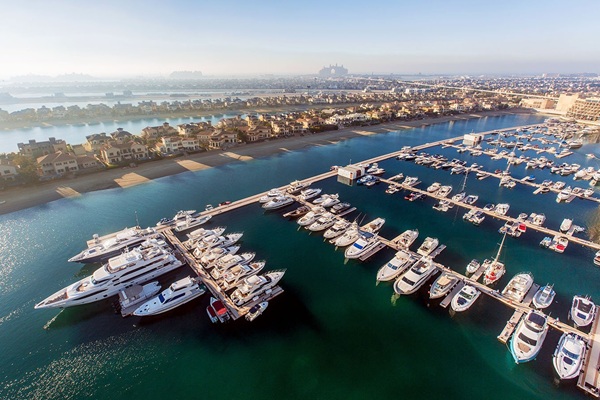US official concerned Iran has seized UAE-based tanker

US defence officials are concerned about the disappearance of a small tanker last seen drifting towards Iranian waters in the Arabian Gulf earlier this week.
The Panama-flagged oil tanker Riah stopped transmitting its location late on Saturday after leaving UAE waters heading towards Iranian waters.
US defence officials told the Associated Press that America “has suspicions” Iran has seized the tanker. The official said that the Riah was in Iranian territorial waters near Qeshm island, which has an Islamic Revolutionary Guard Corps base on it.
“Could it have broken down or been towed for assistance? That’s a possibility. But the longer there is a period of no contact it’s going to be a concern,” the US official said.
Emirati officials said they were aware of the reported disappearance and were co-ordinating with allies.
"The tanker in question is neither UAE owned nor operated, does not carry Emirati personnel, and did not emit a distress call,” Salem Alzaabi, director of the UAE's International Security Co-operation Department, told The National. “We are monitoring the situation with our international partners."
Samir Madani, co-founder of shipping monitoring website TankerTracker.com, said the vessel had disappeared. The organisation is using its tools to search for the ship.
He said that there was no sign of the ship at several Iranian ports but tracking it using satellite images was difficult because of the small size of the Riah.
“We could immediately see that this ship just goes coast to coast within in the UAE and never once until July 14, which is just two days ago, when it deviated off track and went into Iranian waters for the first time in the last year. So what led it there, we don’t know. What happened at that point, we don’t know either,” he told The National.
Mr Madani described the Riah as a small ship roughly nine metres wide with a capacity of 2,000 tonnes, compared with 200,000 tonnes for a supertanker. The ship, he said, usually operated coastally and was significantly smaller than the large international ocean-going tankers that can be between up to 60 metres wide.
“Hopefully, it will pop up soon and everyone will be OK and nothing will have happened,” Mr Madani said.
Tankers are usually tracked using onboard locating devices that broadcast routes, speed and other crucial information. The systems are designed to increase safety at sea and prevent collisions.
However, ships often turn off these trackers, either when passing through dangerous areas or to otherwise obscure their location, origin or loads.
Iran’s large fleet to oil tankers regally shut their trackers off for weeks at a time to load up and transport oil without being monitored in a bid to skirt US sanction oil and gas exports.
However, the Associated Press quoted Capt Ranjith Raja of the data firm Refinitiv saying that the Riah hadn’t switched off its transponder in three months of trips between Dubai, Sharjah and Fujairah. This was a “red flag”, he was quoted as saying.
So far there has been no word from Iran about the ship nor from its owners.
A former British Merchant Navy tanker captain who has worked extensively in the Arabian Gulf region told The National that the tracking systems were “another tool to avoid collisions as well as a security tool”.
He said there were few legitimate reasons to turn off the systems and, asked if he could cause to do so in the Arabian Gulf region, the former captain said, “no, I wouldn’t turn it off.”
He said the waterway was busy and there were several navies operating in the area which would investigate if a ship went dark.
“It’s best to keep it on, there are so many small craft and other ships it best to say who you are and where. It’s hard to know who’s who and what’s what [in the Arabian Gulf],” he said of the plethora of small ships that could be coastal trade vessels, military and coast guard ships or smugglers.
The disappearance comes against a background of tensions between Iran and the US and attacks on several tankers in recent weeks in the Gulf of Oman. The US pulled out of the 2015 nuclear deal last year and reimposed sanctions on Iran, vowing to reduce oil exports from the Islamic Republic to zero.
Most buyers of Iranian oil and gas have since stopped imports but Iran has continued to sell small amounts but has increasingly turned to surreptitious means – such as tankers turning off their tracking information to avoid detection.
Of additional concern is the fact that Supreme Leader Ayatollah Ali Khamenei said on Tuesday that Iran would retaliate for the seizure of an Iranian supertanker by British authorities in Gibraltar earlier this month. The UK has said the tanker was stopped on suspicion of carrying oil to Syria in contravention of EU sanctions on the regime of Bashar Al Assad.
The vessel was carrying 2.1 million barrels of light crude oil at the time.
The National

























